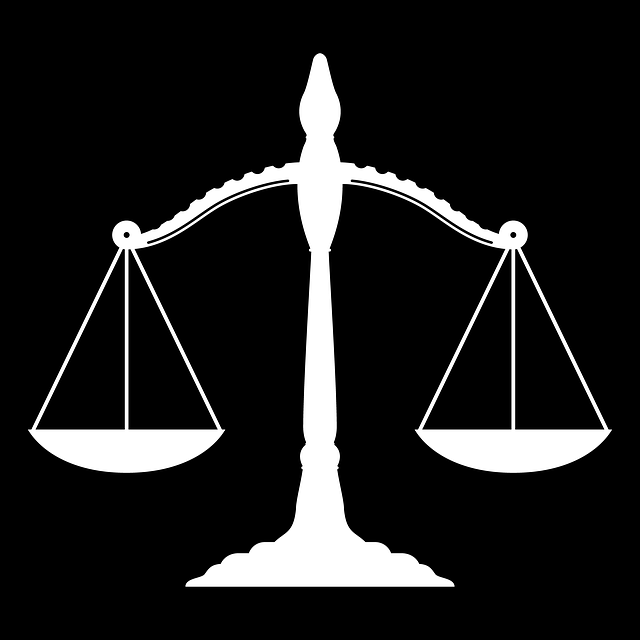Securities class actions are legal tools to protect investors from fraud, focusing on understanding and adhering to exchange regulation compliance requirements like those set by the SEC. These cases aim for transparency, fairness, and accountability, deterring deceptive practices. Organizations must implement strong internal controls, regularly review policies, and train staff to meet these requirements, mitigating risks of white-collar crimes. Through settlements or mediation, companies resolve allegations, protect interests, and promote investor confidence, driving ethical market dynamics.
Securities class actions are powerful legal mechanisms that enable investors to hold corporations accountable for fraud or misconduct. This article delves into the complex world of these actions, offering a comprehensive guide for navigating the legal landscape. We explore key aspects, from defining these actions and understanding exchange regulation frameworks to best practices for compliance and strategies for resolving disputes. By examining common challenges and their impacts on investors and market dynamics, readers gain valuable insights into the critical role of securities class actions in ensuring corporate accountability and fostering fair markets.
- Defining Securities Class Actions: A Legal Perspective
- Exchange Regulation Framework: Key Requirements Unveiled
- Compliance Best Practices for Efficient Management
- Common Challenges and Strategies for Resolution
- Impact on Investors and Market Dynamics
Defining Securities Class Actions: A Legal Perspective
Securities class actions are a significant legal mechanism designed to protect investors from fraudulent or misleading conduct in the securities market. These cases involve a group of investors who share common interests and have suffered similar losses due to the misconduct of corporations or individuals. From a legal perspective, defining these actions requires an understanding of exchange regulation compliance requirements set by governing bodies like the Securities and Exchange Commission (SEC).
The essence lies in ensuring transparency, fairness, and accountability within the financial markets. When corporate entities fail to adhere to disclosure obligations or engage in deceptive practices, class action lawsuits become a powerful tool for achieving extraordinary results. These actions not only provide compensation to affected investors but also serve as a deterrent, fostering a culture of integrity and compliance among market participants. Whether defending against allegations on behalf of corporate clients or representing individual investors, experienced legal counsel plays a pivotal role in navigating these complex cases, ultimately determining winning challenging defense verdicts.
Exchange Regulation Framework: Key Requirements Unveiled
Understanding Exchange Regulation Compliance Requirements is paramount for any organization operating within the securities market. The framework is designed to ensure fair and transparent trading practices across the country, with a focus on protecting investors from fraudulent activities. Key requirements include strict disclosure standards, where companies must provide comprehensive and accurate information about their financial health and operations. This involves detailed reporting of financial statements, potential risks, and any changes in corporate governance that could impact shareholders.
Compliance also demands robust internal controls and risk management systems to prevent white collar defense issues. Companies are expected to have mechanisms in place to detect and mitigate potential fraud, manipulation, or insider trading. Moreover, understanding and adhering to these regulations is crucial for avoiding general criminal defense charges. Regular audits and updates to compliance policies are essential to stay ahead of evolving exchange regulation requirements.
Compliance Best Practices for Efficient Management
In the realm of securities class actions, understanding and adhering to Exchange Regulation Compliance Requirements is paramount for efficient management. This involves implementing robust internal controls, regularly updating compliance policies, and ensuring ongoing training for staff. By fostering a culture of compliance within respective businesses, firms can mitigate risks associated with white collar and economic crimes, which have seen an unprecedented track record of growth in recent years.
Compliance best practices include staying abreast of regulatory changes, maintaining meticulous records, and promoting open communication channels. These measures not only help navigate the intricate landscape of exchange regulations but also foster transparency and accountability. As businesses operate within these parameters, they contribute to a fair and robust market, safeguarding investors and enhancing public trust.
Common Challenges and Strategies for Resolution
Securities class actions present a complex landscape for businesses, often entangled with intricate legal and regulatory webs. Common challenges include navigating Understanding Exchange Regulation Compliance Requirements, which can be a daunting task given the evolving nature of securities laws and regulations. Many companies turn to white-collar defense strategies to fortify against potential liabilities, focusing on proactive measures such as robust internal controls and compliance programs.
Resolving these cases often involves negotiating settlements at various stages of the investigative and enforcement process. While jury trials remain a possibility, many matters are resolved through mediation or early settlement agreements. Effective strategies encompass open communication with regulatory bodies, thorough documentation, and a deep understanding of the specific allegations to craft tailored resolutions that mitigate risk and protect company interests.
Impact on Investors and Market Dynamics
Securities class actions significantly impact investors by offering a collective avenue for redress when individuals have suffered losses due to corporate misconduct or violations of securities laws. These legal actions can lead to substantial financial recoveries, providing relief to affected investors and restoring market integrity. By holding wrongdoers accountable, securities class actions encourage companies to adhere strictly to exchange regulation compliance requirements, ensuring fair and transparent practices in the respective business environments.
Moreover, these class action suits influence market dynamics by enhancing investor confidence. Understanding exchange regulation compliance requirements becomes paramount for businesses, driving them to implement robust internal controls and risk management strategies as a white-collar defense mechanism. This, in turn, fosters a more stable and trustworthy financial ecosystem, encouraging investment and achieving extraordinary results while maintaining ethical standards.
Securities class actions, as a legal mechanism, play a pivotal role in ensuring market fairness and protecting investors. By understanding the defining aspects, regulatory frameworks, and compliance best practices, we can navigate complex challenges effectively. This article has explored these key elements, from defining securities class actions to addressing common challenges and their resolutions. Furthermore, it has highlighted the significance of exchange regulation compliance requirements for efficient management, impacting both investors and market dynamics positively. Through knowledge and proactive strategies, stakeholders can foster a more transparent and robust financial landscape.






